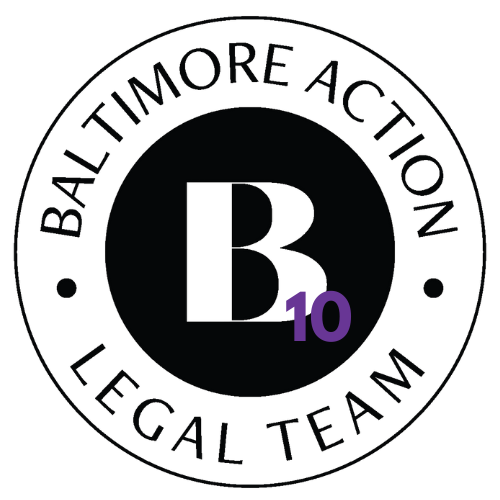BLOG
Lawyer Up! Navigating The Family Policing System Recording Now Available!
Lawyer Up: Navigating the Family Policing System Recording is now available on our Youtube!
Do you know your rights as a parent if you encounter the family policing system? Do you know what to do if CPS knocks on your door?
10 Years Later: Freddie Gray Should Be Alive Today.
Freddie Gray deserves justice, but above all, Freddie Gray deserves to still be with us today. A decade later, we remain committed to fighting against over policing and police brutality as we remember who Freddie was and the systems that failed him. Rest in power, Freddie Gray.
A Better Maryland is Possible: Imagining a More Just Maryland This Maryland Day
In recognition of Maryland Day and its painful colonial settler origins, we encourage you to ponder the question, what could a more just Maryland look like?






